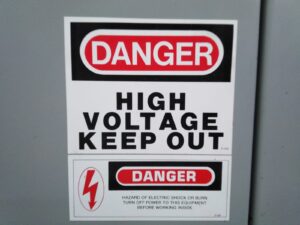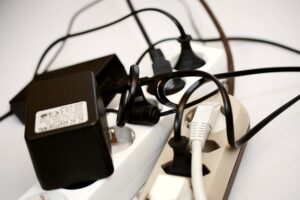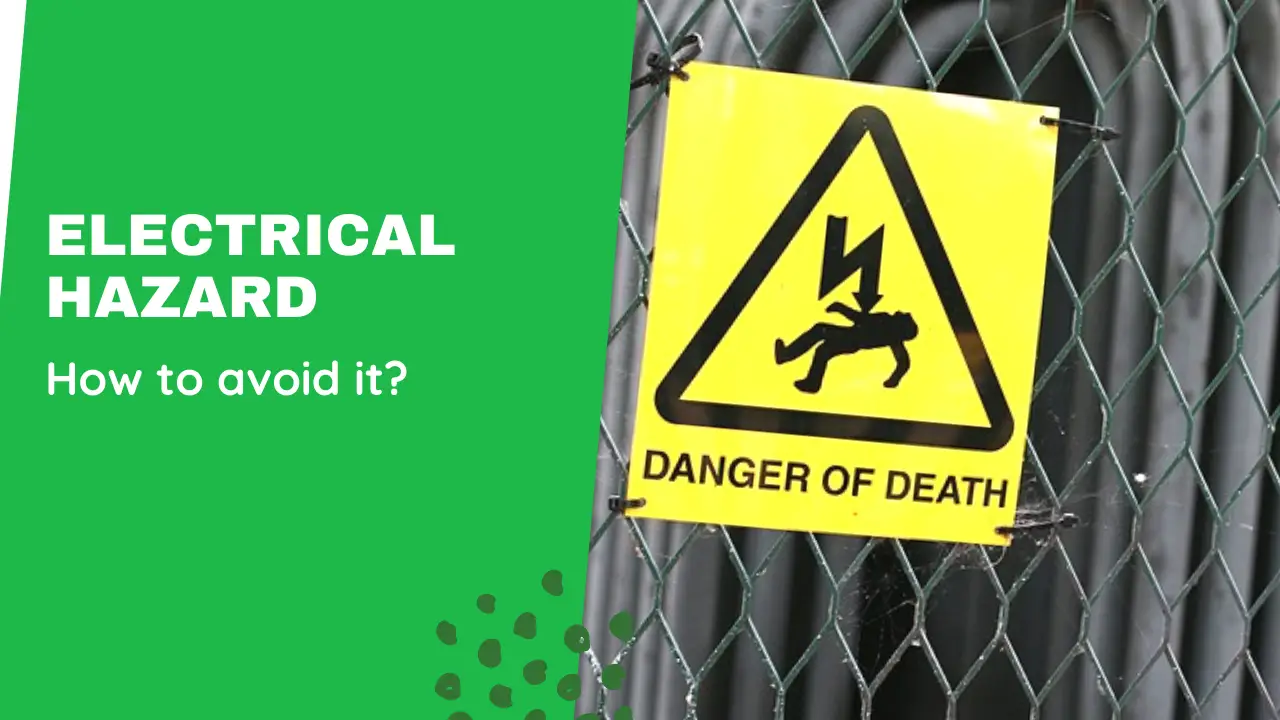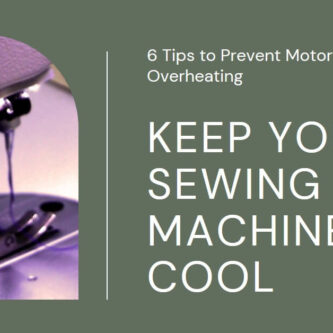However I’m an electrical engineer, I never miss with electricity! I never did, and never will.
This is because I know exactly how to avoid electrical hazard. Besides I know exactly what bad things electricity can do.
When I was a kid, I did an electrical experiment! I inserted a metallic nail in to the power receptacle, I have been shocked, fortunately I’m still a live. But, I got the message “NEVER MISS WITH ELECTRICITY”.
After these long years, I became an electrical engineer with a strong safety culture at workplace and home.
I work for a leading Oil & Gas company, Safety at our work environment isn’t a thing to skip, its a must. In this article I will share with you all I can regarding electrical hazard and safety.
Electricity kills! Doesn’t it? The hazard of electrical energy can cause fatal injuries and death situations.
In fact electricity is a bad killer and is responsible of many death of persons like me and you. The good news, you can avoid this hazard by following the electrical safety rules.
Electric chock is not the only hazard of electricity! There are many other electric hazard shapes like fire, short circuit and arc flash.
Electricity hazard is one of the most common hazards at workplace.
What does electrical hazard mean?
We can defined the hazard of electricity as, the unsafe condition that caused by electrical energy.
There are direct electrical hazards, every one knows about, and what I call hidden hazards, ally experienced engineers know about.
I will share with you both types of hazards in this article.
What does Electrical Safety mean?
Electrical safety at workplace and home is a must and should be number one priority for all workers. This is because electrical hazard is limitless and could cause serious injuries and fatal incidents.
Electrical Safety is any precautions and rules taken against electrical hazard to avoid electric shock, fires and all shapes of electricity dangers.
Electrical energy is in all fields of life, from large industries, factories, buildings and even some kids toys may need electrical energy.
So, its not possible to 100% remove electrical hazard. Instead, precautions and safety rules are set to keep us safe while working with or near electricity.
Why is electrical safety important?
Precautions and safety rules help very well in protection against electrical energy hazard.
Electricity can cause serious injuries like burns, shock and fatal injuries.
So its important for all workers to follow safety rules because the danger of electricity can cost persons life.
What causes electrical hazard?
During may work as electrical engineer, and during safety inspections I do, I can say that most electrical hazards can be avoided if we do a regular inspection for electrical equipment.
I say so because, in most cases the cause of electrical hazard starts with the very beginning, i.e the installation and connection phase. Some causes of electrical hazard at workplace are:
- Exposed live wire. Electrical wires must be insulated, or out of reach of human like Overhead power lines, they aren’t insulated but are out of reach of human.
- Random connections. Connecting cables by just twisting them around each other is a bad way of connection that can cause the connection to heat up and cause fire.
- Rusty electrical panels. You may ask, how come a rusty panel cause an electrical hazard? Well, the answer is easy, rust causes two many hazards, the 1st one is, it causes a short circuit if it accumulated between circuit breaker phases. The 2nd, it causes holes and openings at the panel and harm its IP protection degree, when the IP degree is low there is a chance of rain, dust and moisture to enter the panel and case a short circuit.
- Low IP protection of the panel. As I just told you, The lower the IP degree, the higher the chance of water and dust chance to enter the panel will be. The IP means the protection against dust and water.
- Under sized electrical cables. When choosing a cable for loads you should make calculations and choose it suitable for the load, otherwise, it will heat up and cause electrical fire. I have a detailed article about How to size a cable? on my other electrical engineering site “ELECTRICAL4UONLINE” you can find it here.
- Human mistakes. The most dangerous electrical hazards are caused by well experienced workers, at the most frequently done tasks, which is well know as a routine task. You know why? This is because doing the same task tens or hundreds of times make them forget the electrical hazard and skip electrical safety rules! A rule of thumb is Never Ever Skip Safety Rules.
- Lake of electrical maintenance program for electrical equipment. A good powerful electrical maintenance program ensures healthy and safe equipment.
- Poor quality electrical devices. Never choose electrical devices based on its price. Make sure the quality and safety of the device is the first priority when purchasing a new equipment.
- Poor planning before major electrical tasks. Planning before any major electrical repairs is a must. Not just planning, but also a good planning. Make sure all affected persons are aware of the work and duration of the task, use LOTO for electrical isolation and follow the PPE program of your organization.
Electrical Hazard Is Always There
No matter where you are working, electrical energy is always around you! at workplace, at home even in your car, electricity is always there.
So, its important to be aware how to work safely with and around electricity and take all precautions to keep workplace safety your first priority.
Remember, never miss with electricity, even if you are an electrical expert. Many serious incidents happens at normal and routine work and maintenance as I just told you.
types of electrical hazards
There are many shapes and dangerous situations electrical energy can cause.
Direct Hazards
- The number one form of electrical hazard is human electric shock. This shock happens when a person comes in direct contact with an energized conductor. Electric shock can cause nothing to you and also can cause skin burn or death.
- Fire is one of the most famous hazards of electricity. Almost any fire with unknown causes may belong to electricity. This case happens when electrical short circuit, arcing fault or over load fault happens and the protection device failed to prevent it, or even no protection device is used at all.
- Human injury. This one could be caused by the effect of the electrical unsafe condition. Like injury due to fire, arc flash or by flying parts due to the huge amount of short circuit power.
- Skin burn due to the high temperature that produced in the human body due to the large current of the electric shock.
Indirect or hidden hazards
- slip, trip and fall hazard! Yep, it happens, when a power cable is laying above the ground at a working site, like instruction sites, it can cause a fall hazard to workers.
- Opened panels at my work place are a good nest for poisonous snakes, my work environment has snakes and scorpions as well, during hot days hours, these snakes hide inside the electrical panels if not closed. Clearly, when someone opens it, snakes may attack him.
- Power failure is another indirect hazard of electricity. Power failure can cause a very hazard situation in places like, hospitals, industrial locations and airplane equipment.
Read also my other detailed article about, How to Ensure Electrical Fire Protection?
How to Avoid Electrical Hazard?

You can control the electrical hazard by following safety tips and rules.
Electricity is a bad hidden enemy! Keep in mind these electrical safety rules when working near or around electrical devices:
Electrical Safety Tips
- Never Miss With Electricity. I always take electrical work seriously, except the one when I as a kid and put the nail into the receptacle, it was in the past, now I never miss with this baby beast.
- Always keep water away of electrical devices and conductors, even if they are not energized. Electricity and water never mix.
- Isolate power and use lock out and tag out (LOTO). This means, isolate power source and then use proper warning tag that tells others not to operate or energize the equipment which you are working on.
- Always double check power isolation using power testers and AVO-meter. Don’t forget to test the testing device itself.
- Only authorized and well trained electricians are allowed to work near energized or electrical devices.
- Warning signs should be on the electrical equipment and devices telling persons that this is electrical potential and to keep away.
- Use insulated hand tools only. Make sure screwdrivers, pliers and other hand tools are insulated.
- Wear proper PPE (personal protective equipment) like safety shoes, isolated gloves, glasses and helmets, all these PPEs are for your safety, never skip them.
- Preventive maintenance keeps devices and conductors in a safe condition and could prevent short circuit and arc flash fault.
- If you are a business owner keep your employees trained and up to date in terms of electrical safety.
- Use electrical protection devices.
Read Also My Articles: Electrical Safety At Home and Workplace.
Let’s discuss some of electrical safety precautions in details.
Use Electrical Protection Devices
Some electrical protection devices are used to sense any possible electrical hazard.
These devices are able to isolate power if any abnormal condition occurs.
Circuit breakers (CB), earth leakage CB (ELCB) and advanced protection relays are common protection devices.
LOTO best practice
I have written a detailed article about LOTO system, you can find it here for more information.
When performing Lock out and tag out you should follow these tips:
- Make sure you are about to isolate the right equipment.
- Inform all affected persons.
- Stick to the isolation plan, time, equipment and duration. If you are about to make any changes, you must inform all effected persons.
- Use safety padlock. Never count on another worker padlock.
- Use safety tag out, make sure it has isolation reason, time and contact person.
- Make a starting try. Make sure the equipment will not run accidentally by trying to run it after isolation.
- Before you remove the isolation, collect all hand tools from the location and inform all affected persons.
use PPE Used For Electrical Safety
Personal protective equipment or PPE is equipment to reduce exposure to workplace hazards.
Electrical PPE should be suitable for the voltage level of the device under maintenance or work. Here under some common PPE for electrical work.
- Insulated gloves. And these gloves must be suitable for the voltage level. i.e the maximum voltage of the gloves must be higher than the operating voltage of the device under work or maintenance.
- Safety glasses for eye protection in case of any flying parts hit the face.
- Insulated hand tools like screw drivers, testers and other hand tools.
- Face shield and a complete arc flash suit is for switchgear workers for protection against arc flash.
- Hard hat for head protection.
- Safety shoes which isolates your body from earth to ensure more protection.
Perform Safety Inspection for Electrical Devices
Its important to make periodic safety inspection for all electrical devices, cords, panels and cables to make sure that every hing is in good condition.
During the inspection any damage or abnormal condition must be repaired or replaced instantly or according to a follow up sheet.
Tips to perform effective electrical safety inspection
Electrical safety inspection should cover all possible hazards. I have written a detailed article about electrical safety checklist items, I highly recommend reading it , check it here
- Visual check cords for any insulation damage. Isolate the cord with insulation tape or replace the damaged part.
- Check electrical panels for abnormal noise, tripping circuit breakers.
- Make sure that all panels are clean and dust free because the dust can cause electrical short circuit.
- Check the doors of the electrical panels and make sure they are properly closed.
- Check grounding. Make sure all electrical devices are connected to grounding grid, and measure the grounding resistance (it should not be greater than 5 Ohm).
- Remove any octopus connections.
- Never overload outlets. That may lead to overheating and fire.

One of the most common electrical safety violations I have ever seen during my safety inspection is overloaded outlets and bad quality electric devices.
Safety Rules to remember
- Ensure the voltage level of measuring devices before usage.
- Never touch any cord or wire without safety insulated gloves.
- If there is water on the location or on your hands never deal with electricity. Also in outdoor work if it is rainy don’t work.
- If you are not an electrician and you see electrical hazard situation don’t involve in solving it and hurry to tell electricians, And remember that electricity kills hard.
- Always refer to and read the manufacturer of the electrical device for safety precautions and recommendations.
- IF you are new at a workplace don’t hesitate to ask about safety precautions to follow.
- When you isolate electrical circuit with switching the circuit breaker off use AVO-meter to double check the isolation. Then use LOTO (Lock out and tag out).
- Never energize new electrical device before reading its operating voltage on its nameplate and make sure that the source voltage is suitable to the device voltage.
- After leaving workplace make sure to unplug any unnecessary devices and switch off circuit breakers.
I have written a detailed article about How Do Electricians Work On Live Parts, you can find it here.
Effect Of Electric Shock On Human Body
Electricity deals with human body as a part of the electrical circuit, i.e when the human body becomes a path for electrical energy, then the amount of electric current passing through the body and the value of the hazard depends on:
- Voltage level.
- Human body resistance.
- And the most important thing is the pass of the current through the body.
The most dangerous path of electrical current is to pass through the heart. This path just need few seconds to kill and case the heart to stop.
This pass is done through the left hand i.e when a person touches electricity by his left hand and his left leg is in direct contact to earth.
Electrical effect depends on the path, duration and value of the electrical current that passes through the person body.
The effect can be pain,difficulty moving a limb, tingling, burn, or death.
If the current pass through heart, this is the most dangerous path. and can easily cause death.


